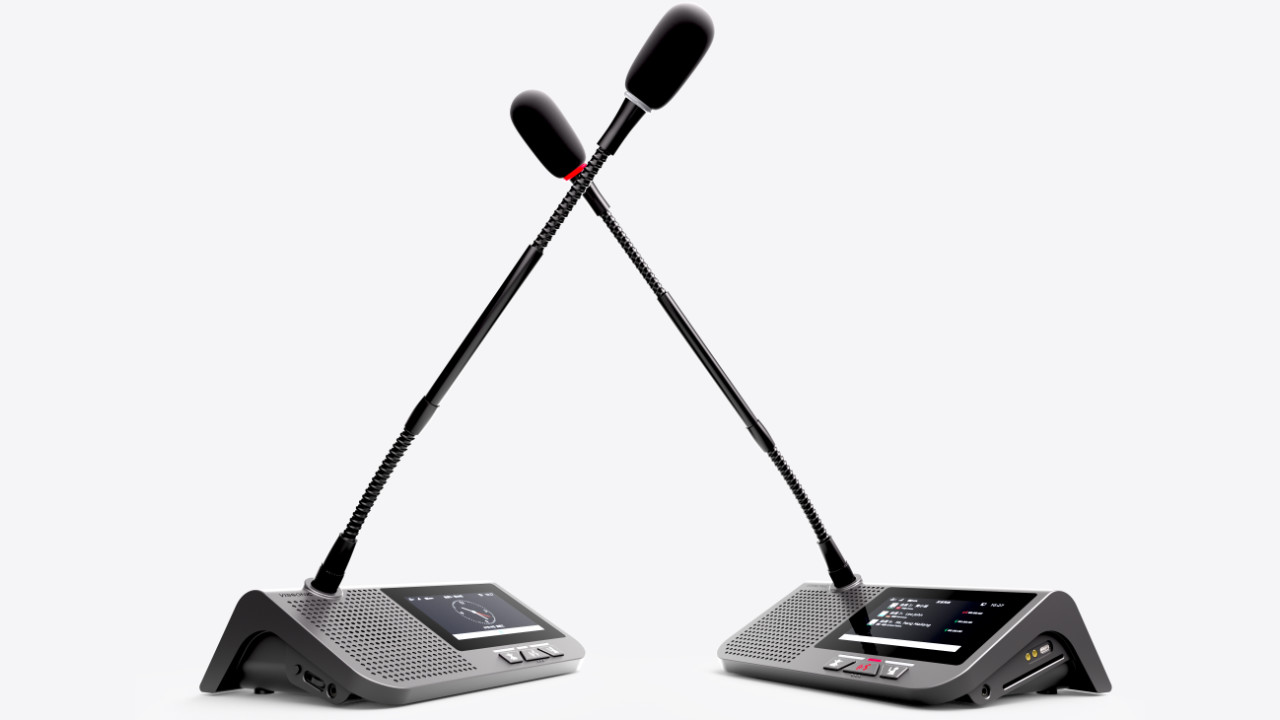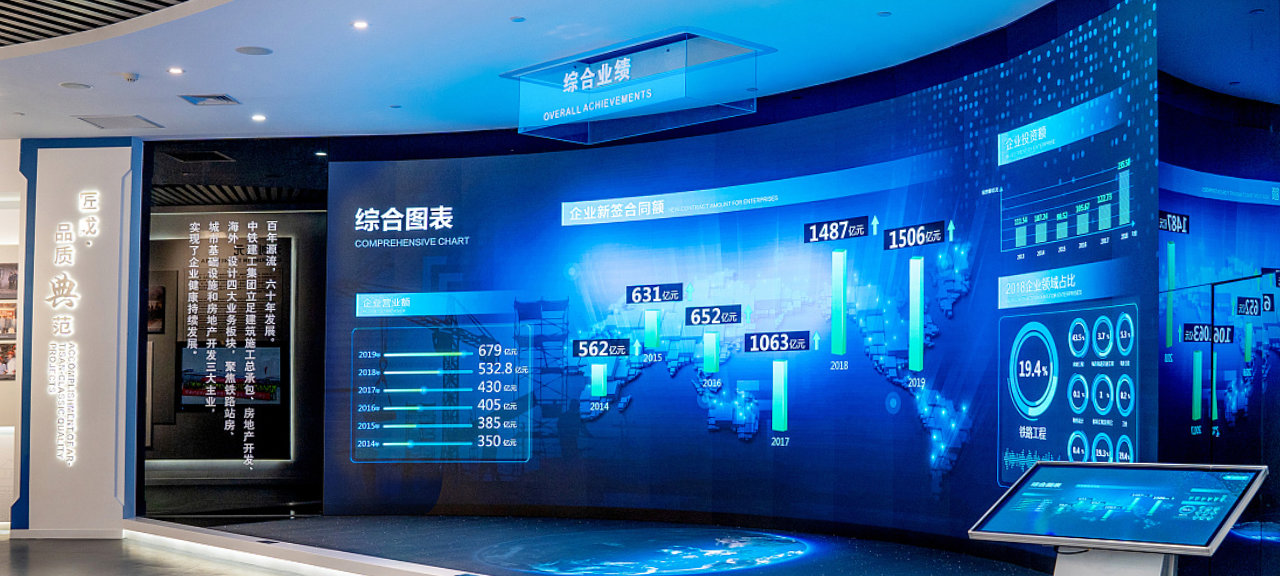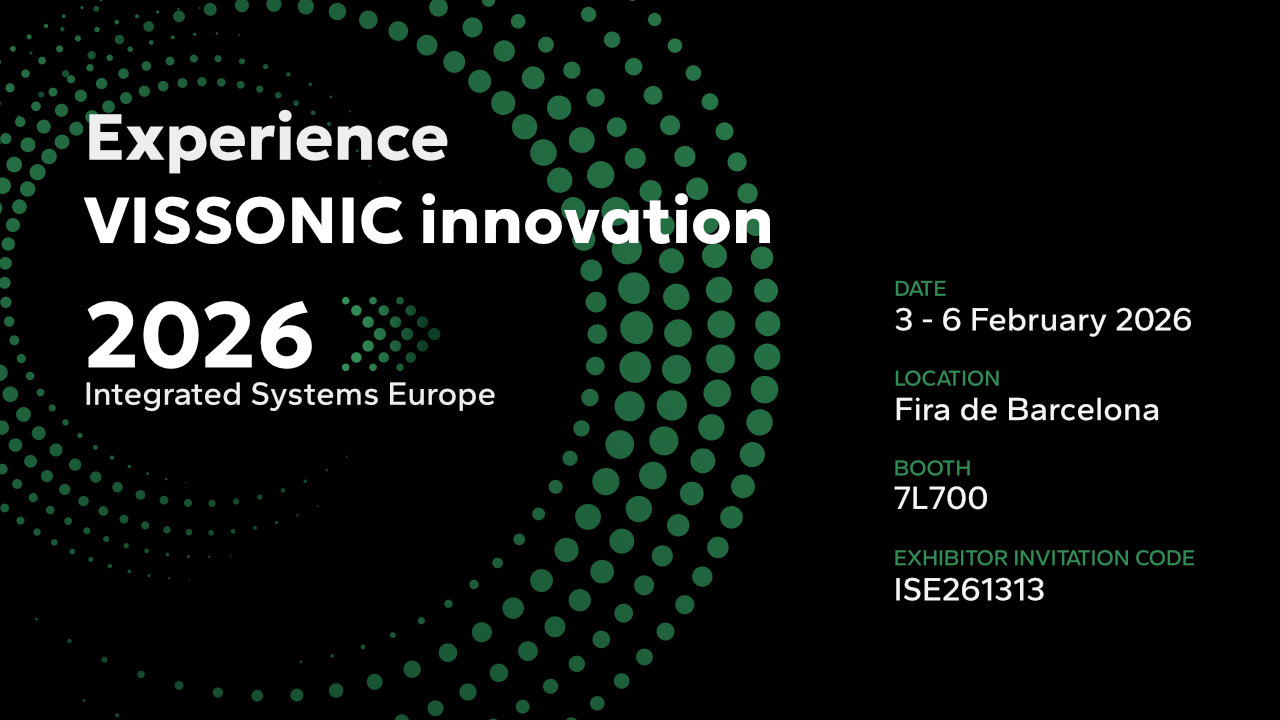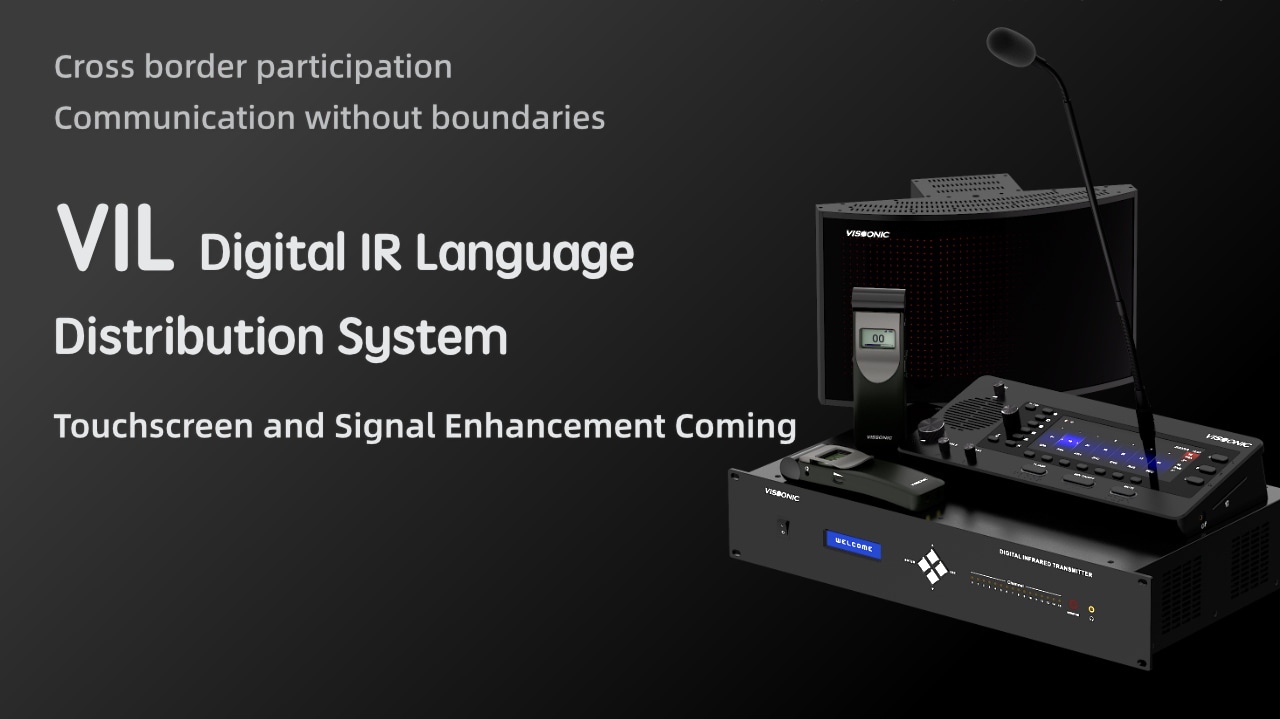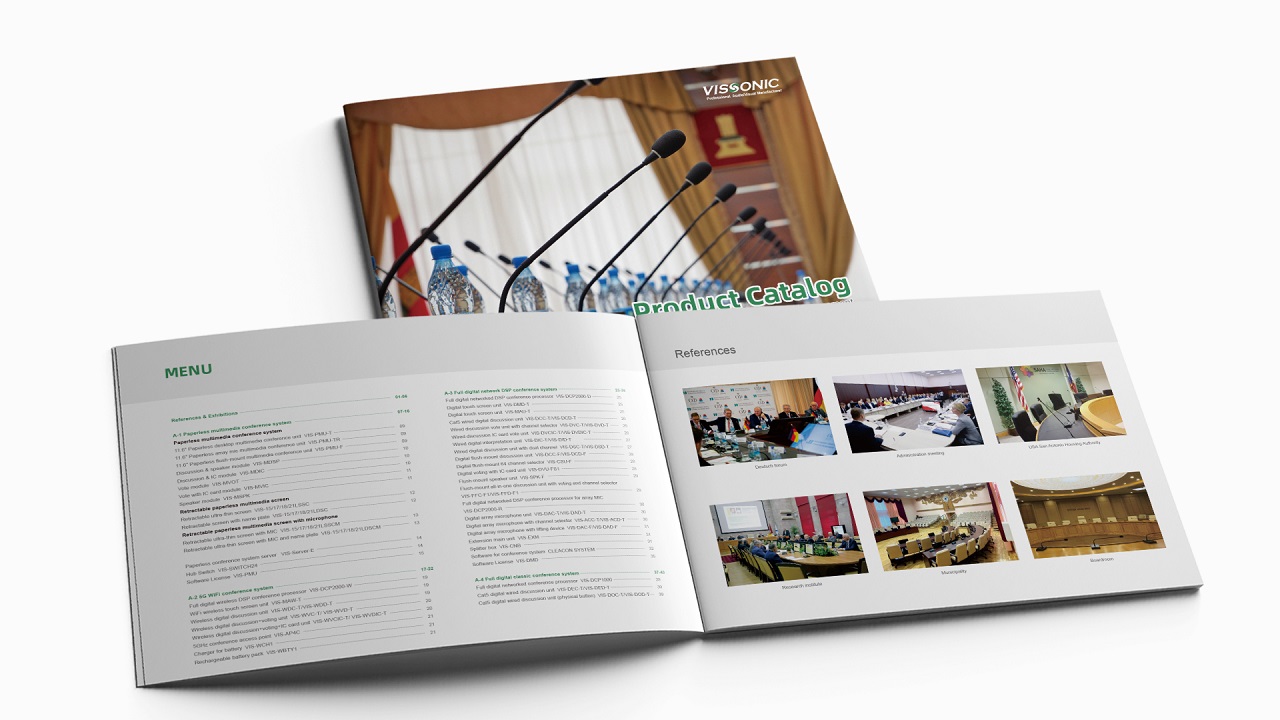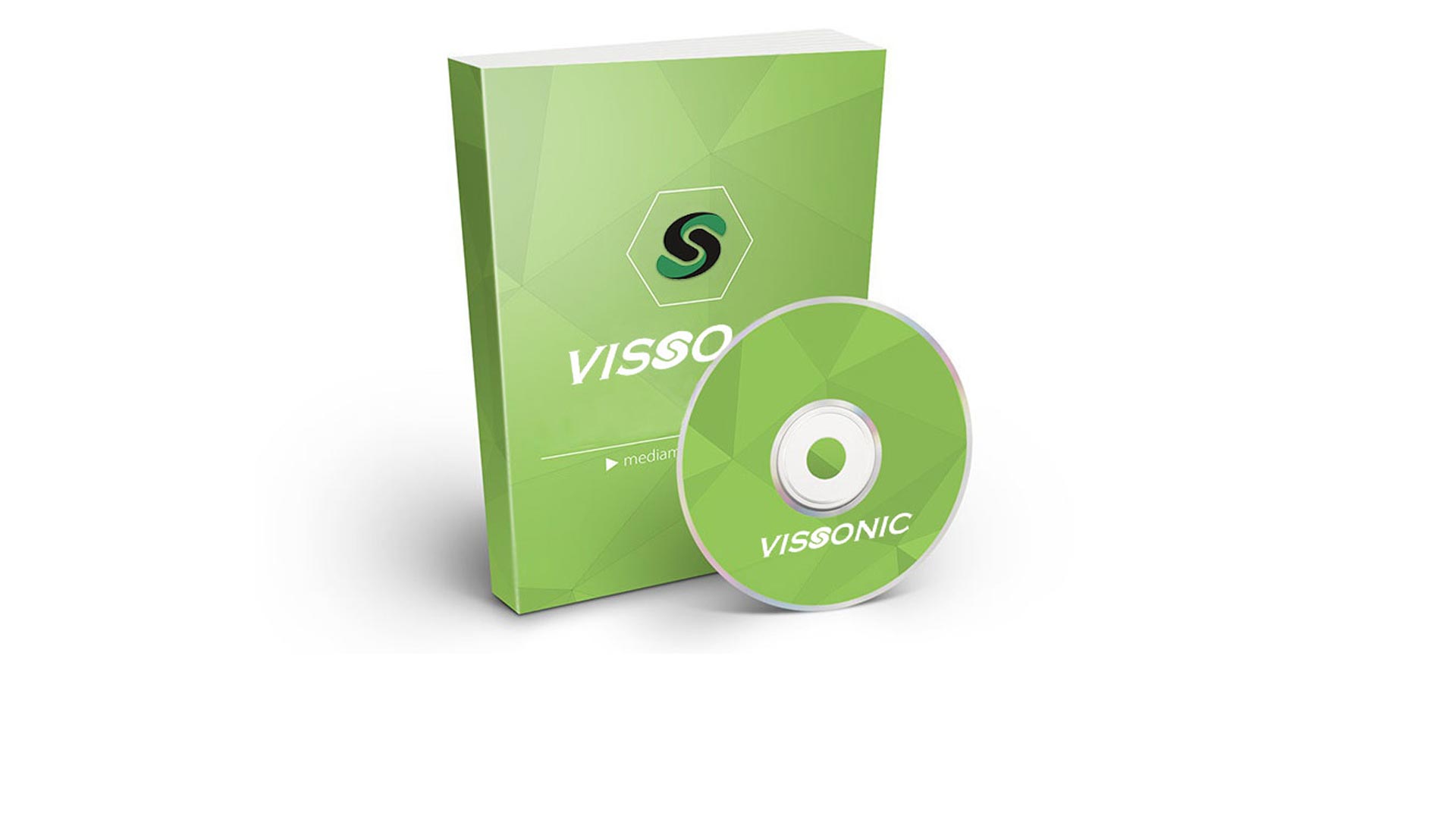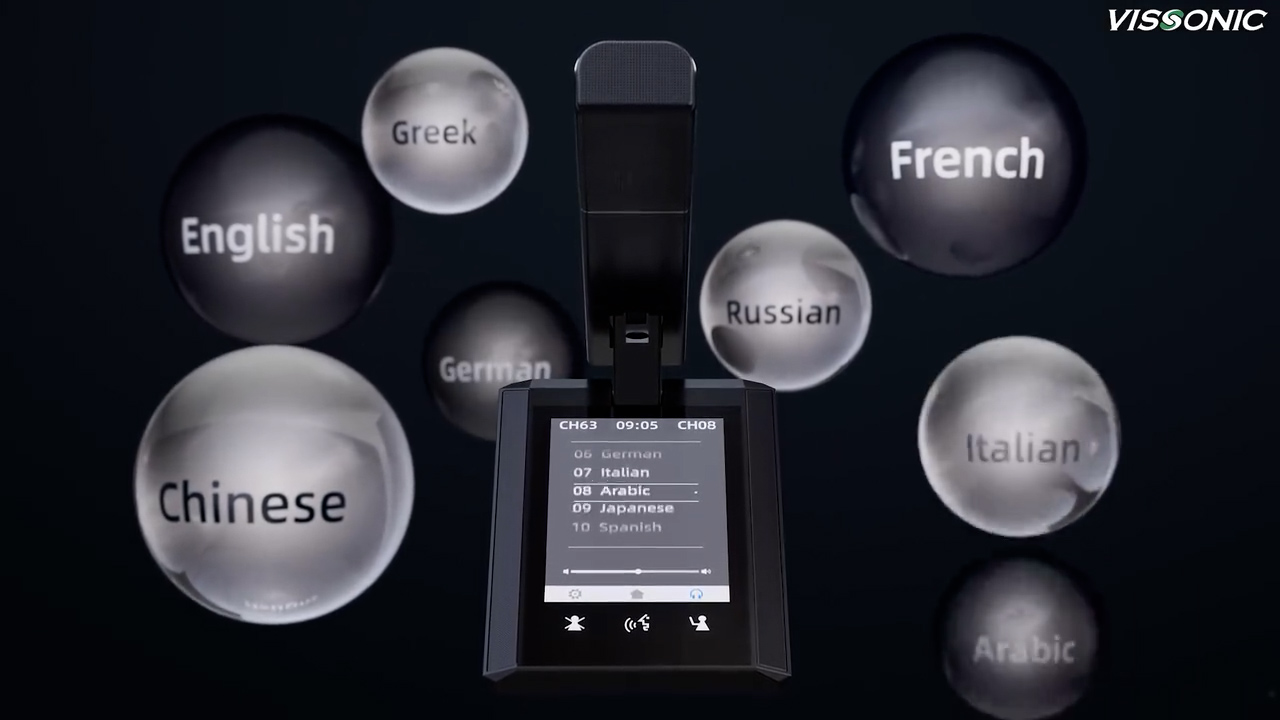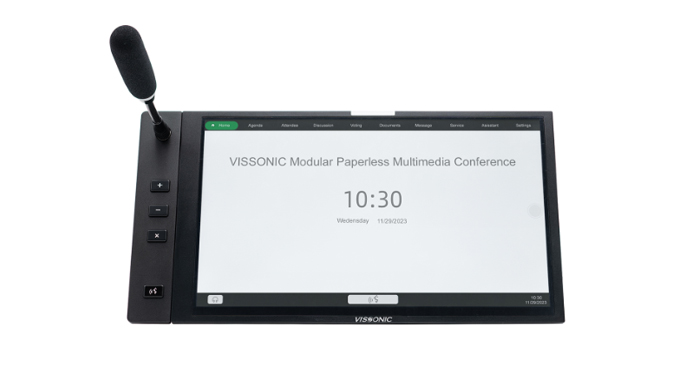Applications of Paperless Conference Systems: Diverse Uses
As organizations increasingly adopt sustainable practices, paperless conference systems have become a crucial tool for enhancing efficiency while reducing environmental impact. These systems eliminate the need for physical documents, providing a seamless digital solution for managing meetings, sharing information, and collaborating in real time. This article explores the diverse applications of paperless conference systems and their impact across various industries.
1. Enhancing Corporate Meetings
Paperless conference systems revolutionize corporate meetings by streamlining communication and document management. Participants can access agendas, reports, and presentations through digital platforms, ensuring everyone stays on the same page.
These systems enable real-time updates, making them ideal for dynamic environments where information evolves quickly. Features like annotations and instant messaging further enhance collaboration and decision-making.
2. Supporting Academic and Educational Institutions
In educational institutions, paperless systems simplify administrative meetings, faculty discussions, and student conferences. By providing digital access to meeting materials, these systems promote efficient information sharing and reduce the burden of printing and distributing physical copies.
Moreover, they support hybrid learning models by enabling seamless virtual participation, ensuring inclusivity for remote attendees.
15.6" Modular Paperless Multimedia Conferenece Unit
3. Facilitating Government and Public Sector Operations
Government organizations often deal with extensive paperwork and sensitive data. Paperless conference systems ensure secure storage and easy access to critical documents during meetings. Encryption and controlled access features help maintain confidentiality while improving efficiency.
These systems are particularly useful in legislative assemblies, city council meetings, and public consultations, where transparency and real-time updates are essential.
4. Streamlining Healthcare Management
Healthcare institutions can leverage paperless systems for administrative meetings, medical conferences, and training sessions. By digitizing patient records, policy updates, and medical research, these systems improve access to critical information and foster better collaboration among healthcare professionals.
Interactive features like polls and Q&A tools enhance engagement during discussions, making them valuable for decision-making in critical scenarios.
5. Revolutionizing the Legal Sector
The legal industry benefits significantly from paperless conference systems. Attorneys, clients, and stakeholders can securely share case documents, contracts, and evidence during meetings. These systems reduce the risk of misplacing important files and enhance the efficiency of legal proceedings.
Real-time collaboration tools and the ability to access documents from anywhere make these systems indispensable for busy legal professionals.
6. Improving Event and Conference Management
Large-scale events and conferences rely on paperless systems to manage schedules, speaker information, and attendee details. Event organizers can provide participants with digital guides, session materials, and live updates, ensuring a seamless experience for all.
Additionally, these systems support interactive features like surveys and feedback forms, enabling organizers to gather insights and improve future events.
7. Common Questions About Paperless Conference Systems
Q: What are the cost benefits of paperless systems?
By eliminating printing, storage, and distribution costs, paperless systems provide significant savings. They also reduce time spent on manual processes, increasing overall efficiency.
Q: Are paperless systems secure?
Yes, most systems use advanced encryption and access controls to protect sensitive information. Choosing a reputable provider ensures high levels of security.
Q: Can these systems integrate with existing tools?
Many paperless conference systems are compatible with popular platforms like Microsoft Office, Zoom, and Google Workspace, making integration seamless and efficient.
Q: Are they suitable for small businesses?
Absolutely. Paperless systems are scalable and can be tailored to suit the needs and budgets of small businesses, offering features that improve productivity and collaboration.
Paperless conference systems have become a cornerstone of modern operations across industries, fostering sustainability, efficiency, and innovation. By embracing these solutions, organizations can enhance their workflows and contribute to a greener future.

